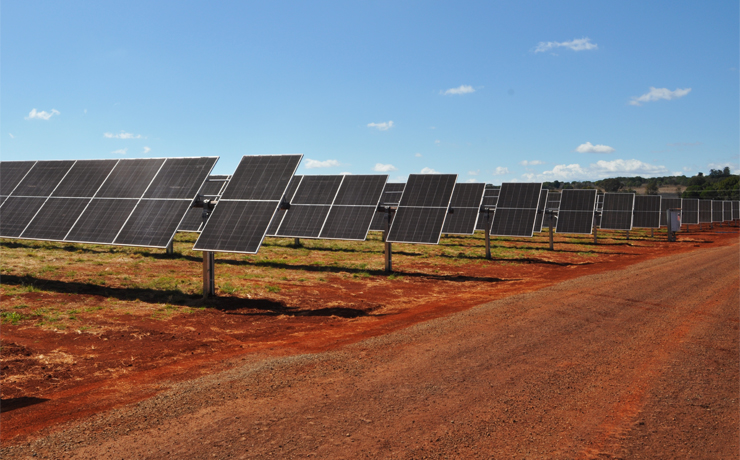January 7, 2015
Australia has recorded its third-warmest calendar year since national records began in 1910.
Assistant Director for Climate Information Services Neil Plummer said yesterday 2014 had been characterised by frequent heatwaves and warm spells, and a notable reduction in cold weather.
“Much of Australia experienced temperatures very much above average in 2014, with mean temperatures 0.91°C above the long-term average,” Mr Plummer said.
“This follows the warmest year on record in 2013, which was 1.20°C warmer than average.
“Particularly warm conditions occurred in spring 2014, which was Australia’s warmest spring on record.
“El Niño-like effects were felt in drier and warmer conditions in much of eastern Australia during 2014.”
The Bureau of Meteorology’s Annual Climate Statement for 2014 also highlighted:
- For Australia as a whole, rainfall was near average for the year, with 478mm (1961–1990 average 465mm)
- Prolonged rainfall deficiencies continued for inland and south-eastern Queensland and north-eastern NSW
- Six significant heatwaves and warm spells occurred, including one of south-east Australia’s most prolonged heatwaves in mid-January
- A number of major bushfires occurred during January and February, with particularly destructive fires in Victoria and South Australia
- Four tropical cyclones made landfall during 2014, with tropical cyclone Ita being the most intense; crossing the coast near Cooktown as a category 4 system, bringing rainfall totals in excess of 300mm
- A stormy spring, with severe thunderstorms striking Brisbane in late November, causing flash flooding, very large hailstones and destructive winds
- An East Coast Low off the central and southern NSW August caused storm damage and brought more than 100mm of rain to some parts of the coast
- Sea surface temperatures around Australia were unusually warm; 0.49°C above average for the year to November.
Nationally, Australian temperatures have warmed approximately one degree since 1950, and the continued warmth in 2014 adds to this long-term warming trend.
Globally, preliminary estimates by the World Meteorological Organization has 2014 on track to be one of the hottest, if not the hottest, on record.
The Annual Climate Statement 2014 is available online

























